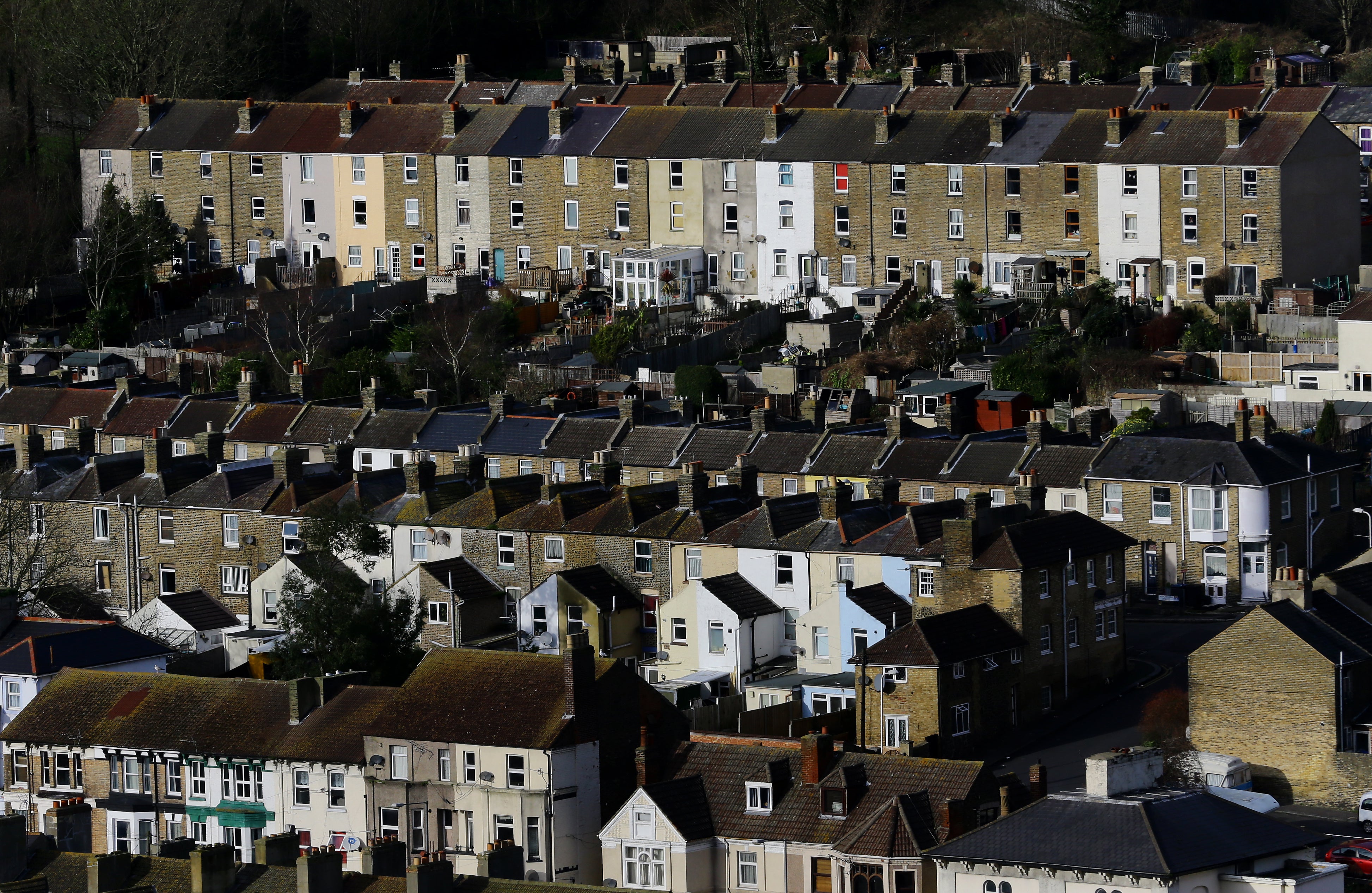Will the surge in house prices end with a bang or just fizzle out?
The current rate of increase has to slow down – but the hard thing to figure out, writes Hamish McRae, is when


The global surge in house prices must inevitably come to an end. But we don’t know when that end will come, or whether it will come with a crash or simply fizzle out.
Just about everywhere prices are rising faster than both consumer prices and personal incomes. According to estate agents Knight Frank there are just four out of the 56 countries they surveyed where the price of residential property have actually fallen over the past year. They are Malaysia, Morocco, India and Spain, with Spain down 1.8 per cent.
At the other end of the scale Turkey is up 32 per cent, New Zealand 22.1 per cent and Luxembourg 16.6 per cent. The US comes in at 13.2 per cent, the UK at 10.2 per cent – the figures are for the year to the end of March and according to Nationwide, in May the UK annual increase had climbed to 10.9 per cent.
These are national numbers and conceal many hotspots. In the US the S&P Dow Jones reports that the biggest rises are in Phoenix (up 20 per cent), San Diego (19.1 per cent) and Seattle (18.3 per cent). All 20 cities it looked at show that the pace of increases is speeding up.
In the UK there are similar disparities there is a particular concern about affordability. In London prices are around 12 times earnings. In the country as a whole they average at eight-times earnings, a level that has been reached only twice in the past 120 years. One was in the early 1900s, the other just before the financial crash of 2008. In both cases house prices soon fell back to more affordable levels. Indeed you have to go back to before the 1880s to see house prices consistently as expensive relative to earnings as they are now.
This is obviously deeply discouraging for new buyers, and socially a disaster for it means that many young people need family money to get onto the housing ladder. But while people who do own homes rightly regard them as investments, a recent study by fund managers Schroders shows that while homes have been a good investment, over a long period global equities have risen even faster. That is even faster than London property, let alone homes in the rest of the country.
So what happens next? Inevitably – and many would argue belatedly – both the US Federal Reserve and the Bank of England are starting to get worried. In the US those worries are still private. The Fed chairman Jerome Powell has made it clear that it is too early to consider raising interest rates. But her counterpart to the north, Tiff Macklem, governor of the Bank of Canada, has hinted that rates will rise next year. House prices in Canada are up 10.8 per cent year-on-year.
As for the Bank of England, both Sir Jon Cunliffe and Sir Dave Ramsden, who are both deputy governors, separately warned last week that they were watching the housing market carefully. That is coordinated. The way the Bank of England works is to prepare the markets for a shift in policy if the boom continues as it now seems to be doing.
But in the West at least there is an understandable reluctance to clobber the economy with higher interest rates, or some other curb on home lending, until the recovery is secure. In China the same aim applies, but the recovery there is more secure. It is ahead of the old developed world in its economic cycle. The German insurance group Allianz argues in a research paper that while the official policy is still one of supporting the economy, in practice the People’s Bank of China started to tighten credit at the end of last year, moving in the opposite direction to the rest of the world.
Just because China tightens policy does not mean the rest of the world will follow. But it is a marker, a sign that the wind is shifting. Add in the growing concerns about the surge in asset prices more generally – Powell warned parts of the markets “are a bit frothy, and that’s a fact” – and it is easy to see that some time in the coming months the world will see credit becoming tighter.
So what will that do to house prices? There are too many variables to be able to give a satisfactory answer: too many different markets and too many uncertainties about the end of the Covid-19 pandemic. Most central banks have a mandate to control inflation. None of them are required to curb or boost asset prices, including property. But if the property boom becomes a source of instability, or starts to feed through into inflation more generally, they will have to act.
However, they don’t want the blame for a house price crash. So my instinct is that this housing boom will end with a fizzle rather than a bang. But that is only an instinct, and please don’t ask me when.



Join our commenting forum
Join thought-provoking conversations, follow other Independent readers and see their replies
0Comments